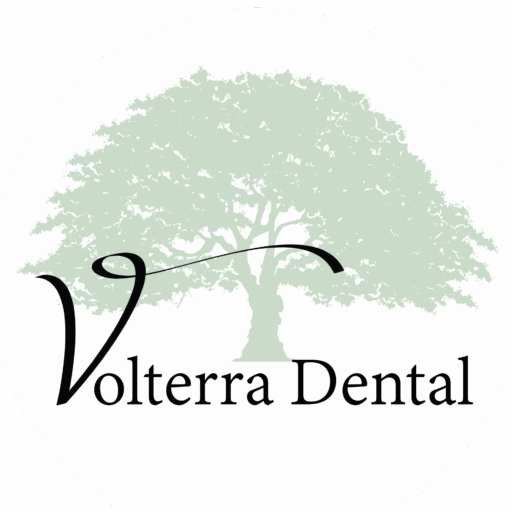
Temporomandibular joint disorder (TMJ) is more common than most people realize, increasing the risks of serious oral health problems. Learning common symptoms of TMJ can help you seek treatment as early as possible. Here are five signs to know about.
As many as 70% of adults and millions of kids show signs of temporomandibular joint (TMJ) disorder, a chronic disorder that happens when your jaw joints and bite balance are misaligned. Without treatment, TMJ symptoms can become severe, causing painful symptoms and long-term changes to your oral health.
Fortunately, TMJ can be managed, but like any chronic disorder, early treatment is the key to relieving symptoms and enjoying the best results.
Richard Blackburn, DMD, MA, and the team at Volterra Dental help patients of all ages manage their TMJ symptoms with tailored therapy focused on the underlying cause of jaw joint problems. Here, learn five symptoms that could mean you could benefit from TMJ therapy.
1. Jaw “Clicking” or “Sticking”
TMJ affects the function of the jaw joint, affecting how the jaws move when you open and close your mouth. For many people, that dysfunction results in clicking or popping noises, even when they chew—noises that other people can often hear.
Some people find they have difficulty opening their mouth wide or experience a “sticking” sensation when they try to close their mouth after yawning, for instance. These sensations also happen because the jaw is misaligned and doesn’t “automatically” close and fit together as it should.
2. Chronic Jaw or Facial Pain
When your jaw joints are misaligned, it causes extra strain on the joint structure. Often, this strain leads to inflammation and pain in and around the jaw joints, particularly when you chew.
For more severe, chronic symptoms, you might develop pain in other areas of your face, like the temple area just above the jaw joints. Discomfort typically arises when TMJ strains your facial muscles continually, sometimes leading to mild swelling and tenderness when you touch or rub the area.
3. Chronic Headaches
In addition to facial pain and jaw pain, many people with TMJ experience recurrent or chronic headaches. Often, these headaches are worse in the morning.
In most cases, these headaches are centered around the temples, brought on by the added muscle strain associated with TMJ. Inflammation inside the joints can result in severe headaches, frequently mistaken for migraines.
4. Teeth Grinding or Clenching
Many people with TMJ grind their teeth or clench them. These habits often concur during sleep, making it hard to control the activity or its effects.
Chronic grinding and clenching may arise as your jaw joints “automatically” seek a more comfortable alignment during sleep, or it could be an effect of the additional muscle tension. Regardless, without treatment, grinding and clenching habits can lead to more chronic facial pain and headaches, as well as additional tooth wear associated with cavities, tooth fractures, and even tooth loss.
5. Ear Pain or “Ringing” Noises
Your jaw joints are located just below and to the front of your ears. It’s no wonder that pain involving your jaw joints often “migrates” to the ear areas, causing earaches and tenderness around the ear area.
For some people, misalignment of the jaw joints can cause recurrent or continual ringing or buzzing noises, a condition called tinnitus. Over time, inflammation and other effects of TMJ can lead to lingering problems with the ear’s structure and your ability to hear clearly.
Relief for TMJ Symptoms
TMJ is a chronic problem, and without treatment, the symptoms and long-term effects can become much worse. To find out if you have TMJ and what we can do to help, request an appointment online or over the phone with Dr. Blackburn and the team at Volterra Dental in Los Alamitos, California, today.

